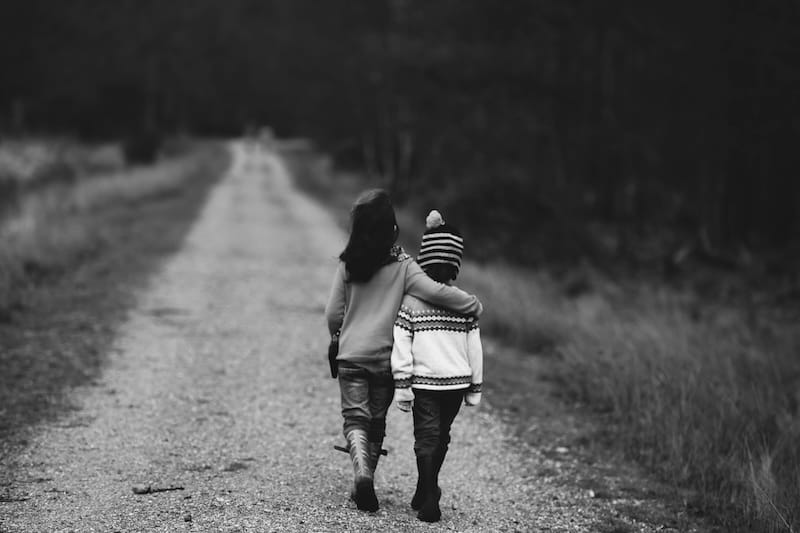- Beyond Colonialism
- Posts
- How to REALLY say, "I'm sorry."
How to REALLY say, "I'm sorry."
Authentic apologies are about more than just words

Apologizing is easy... just say "I'm sorry" and the other person forgives and forgets... right?
RIGHT?!
Maybe not.
I'm so glad to share my newsletter collaboration with journalist Rey Katz about how to really apologize. An authentic apology consists of way more than just words. Instead, I now think of "apologizing" as a process, rather than an "apology" as a statement.
When we change our language from "apology" to "apologizing," we can begin to grasp what it really means to redress harm... not only between individual people, but at societal and inter-generational scales.
In our newsletter collaboration, Rey and I talk about:
What a good process of apologizing looks like
What feelings and reasons prevent people from apologizing
The connections between colonialism and resistance to apologies
Read more in our collaborative newsletter on Rey Katz's publication Amplify Respect, at the link here!
Know someone who needs to see this issue? Copy the link from your browser and send it to them.
My position
My name is Chris Musei-Sequeira, and I use he/him pronouns. My mother was born in Trinidad and Tobago as a descendant of African slaves brought to the islands during the time of European colonization. She came to the United States of America (USA) at the age of 10. My father is Goan and was born in India, in Mumbai, and raised Catholic and English-speaking. He came to the USA for his graduate studies, where he met my mother.
My sister and I were born in the USA and lived a middle-class life in the suburbs of multiple American cities. I studied aeronautical engineering and technology policy in university, then worked at the Federal Aviation Administration and as an aviation consultant. I've lived in cities up and down the USA East Coast since the age of 18; I now reside in Queens, New York with my wife.
I thank Heather Luna and Lavinia Muth for showing me the importance of publicly expressing our positions. Because of our positions, all of us are very familiar with some aspects of the world while having no idea of other aspects. Positionality expresses how our individual positions affect our relationships with other people and with the world as a whole.
Image source: Cc0-Photographers. (n.d.). Free Images : walking, black and white, people, dirt road, child, hug, kids, children, photograph, emotion, monochrome photography, portrait photography 3999x2662. Pxhere. https://pxhere.com/en/photo/917875— Licensed under the Creative Commons CC0 Public Domain license.